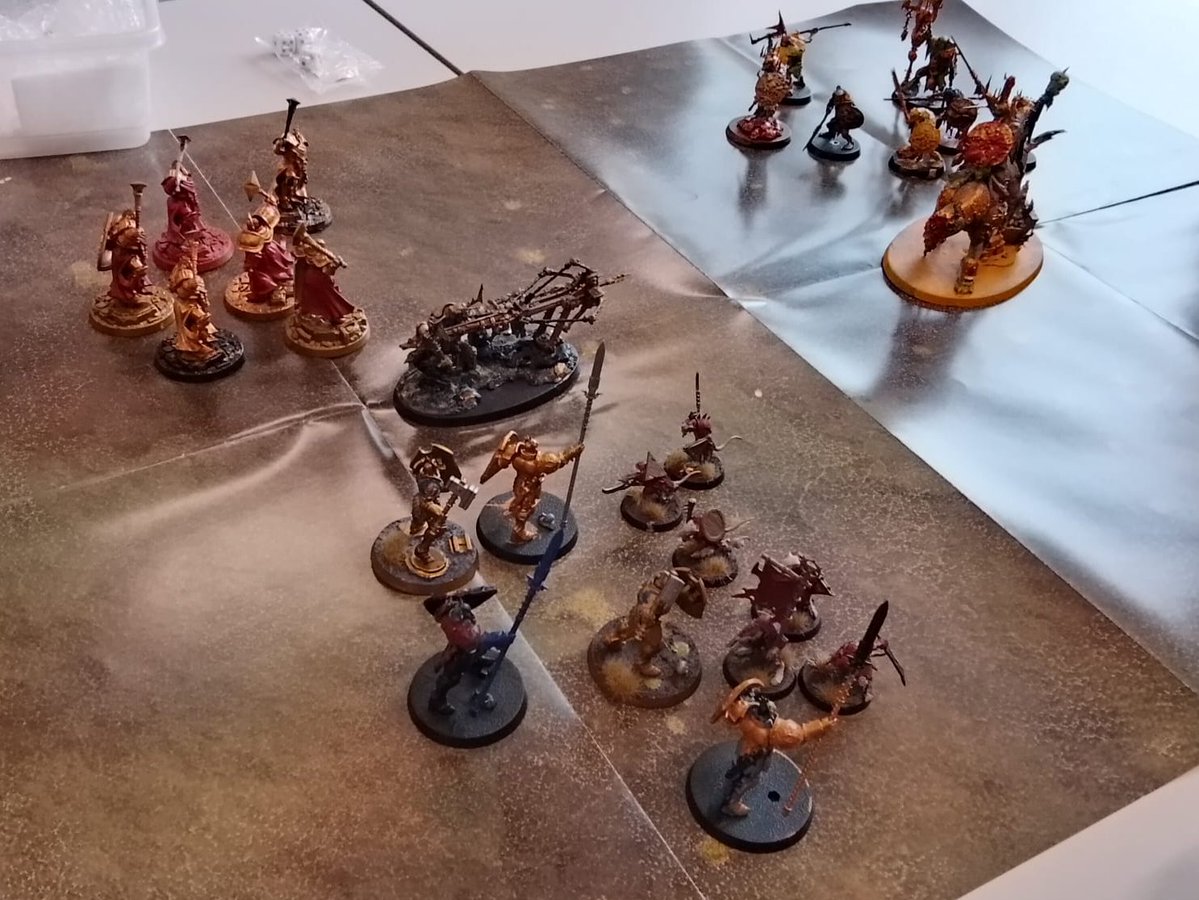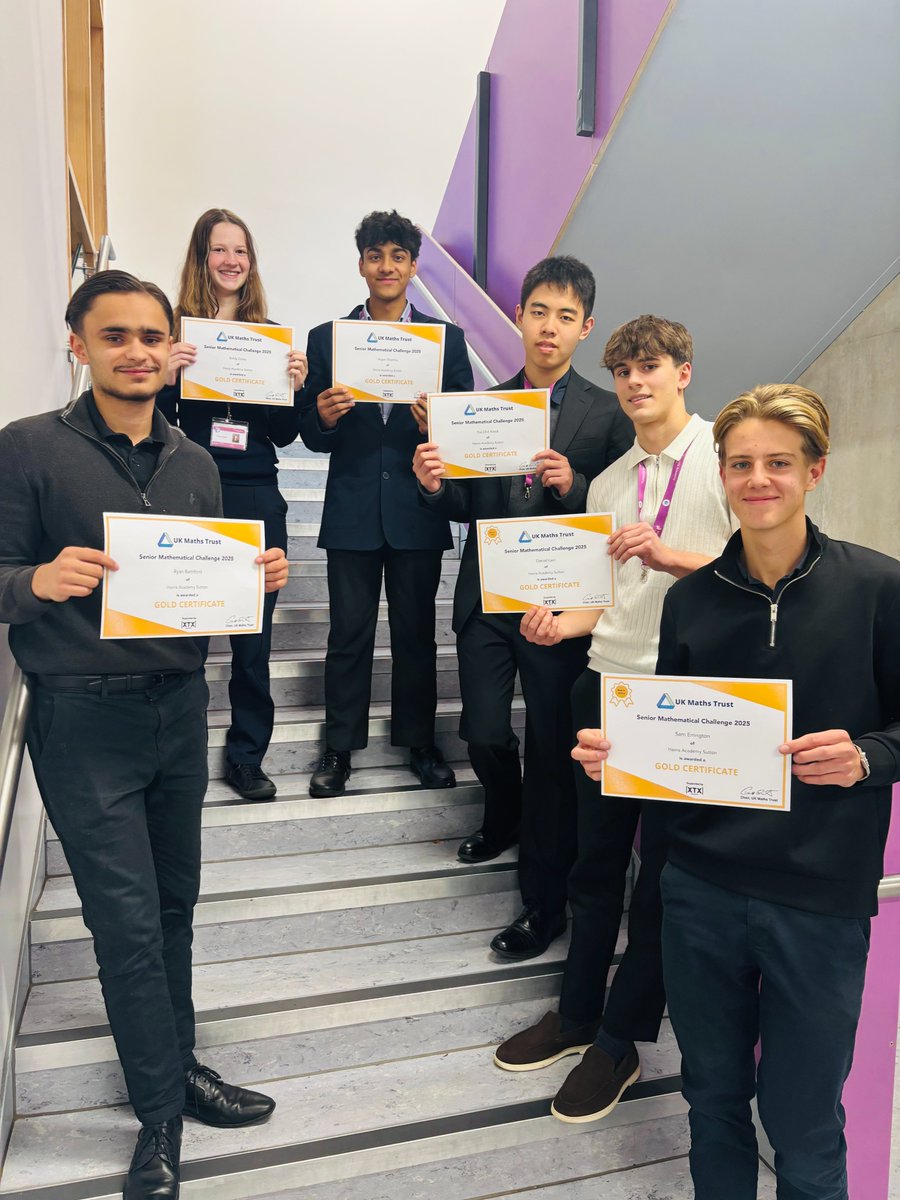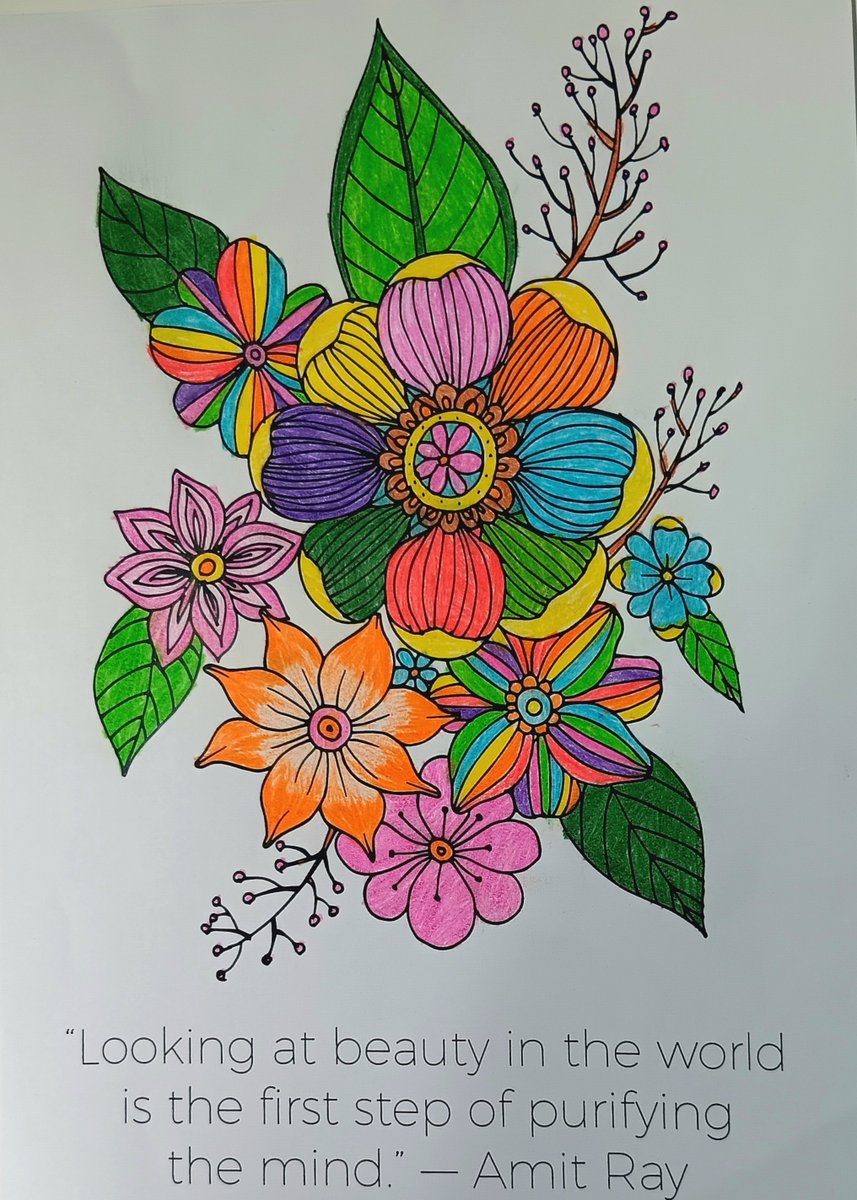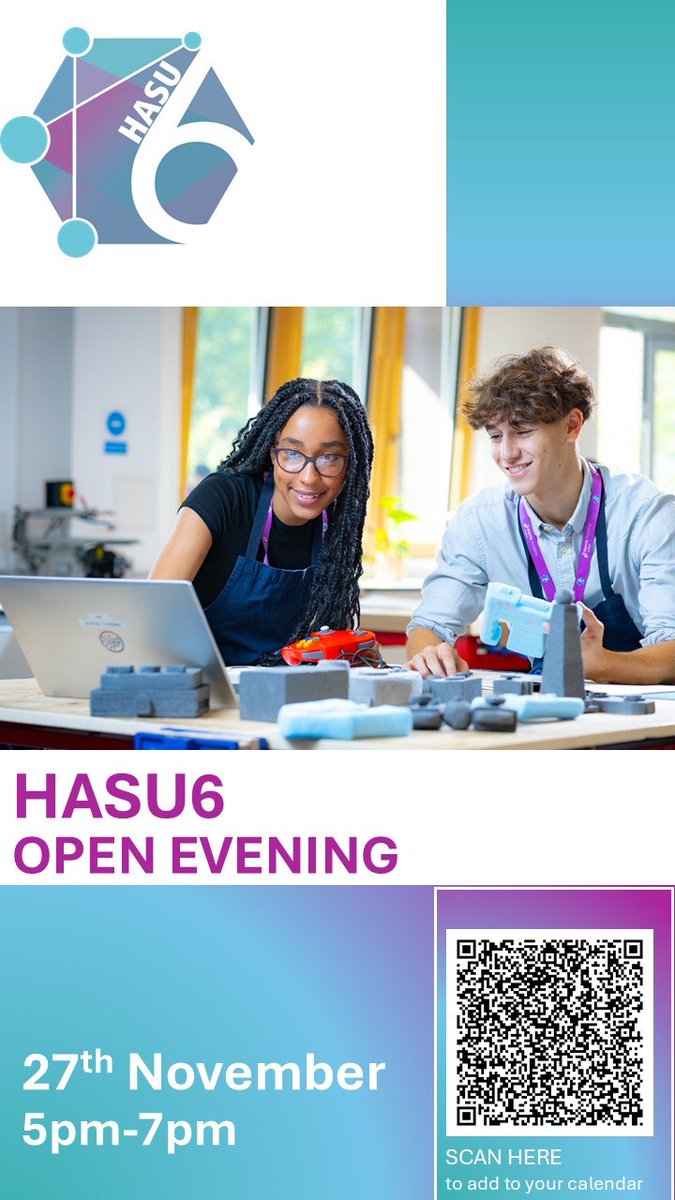
21/11/25
🎨 Our students have been unleashing their creativity and strategy skills in the Warhammer Enrichment Club. From painting intricate miniatures to epic tabletop battles, this club is all about imagination, precision, and fun! #hasuenrichment #warhammerClub #creativityinaction
follow us @HarrisSutton1

20/11/25
Our HASU6 mathematicians got outstanding results in the recent Senior Maths Challenge. From 71 participants we had 11 gold certificates,16 silver & 27 bronze. Six students took part in the follow-up rounds, including Sam E who did the 3.5 hour Maths Olympiad! Well done everyone!
follow us @HarrisSutton1

20/11/25
🎄 🎁 Warrenders Jewellers in Sutton is hosting a Giving Tree to collect gifts for patients @RoyalMarsdenHospital this festive season. Let's come together and spread some joy to those who need it most! #SuttonGivingTree #royalmarsdencancercharity #CommunitySupport #spreadjoy
follow us @HarrisSutton1

19/11/25
Our students have been embracing creativity and calm during their Mindful Colouring Enrichment Club,and the results are stunning! We are so proud of the beautiful pieces our students have created.Well done, everyone! #hasulife #mindfuldrawing #wellbeingmatters #enrichmentclub
follow us @HarrisSutton1

18/11/25
Our Y8 students had an amazing Flash Internship @stnicholascentre last week. A huge thank you to the Savills team for inspiring our students and showing them what it takes to run a shopping centre that's truly the heartbeat of a community. #careers #StNicolasCentre #Savills
follow us @HarrisSutton1

17/11/25
HASU6 Open Evening-27th November! Join us at Harris Academy Sutton to explore our Sixth Form opportunities. Meet our dedicated team, discover our courses, and see how we can help you achieve your goals. 📅 Date: 27th November ❗️Location: Harris Academy Sutton Don't miss it!
follow us @HarrisSutton1

14/11/25
🌈 Today, our students are showing their support for Anti-Bullying Week by wearing bright and colourful socks! Let's keep standing together against bullying and celebrate individuality! Kindness matters🌈 #antibullyingweek #oddsocksday #hasulife #SockItToBulying #bekindalways
follow us @HarrisSutton1

13/11/25
Tomorrow is Odd Socks Day!🧦 Join us in supporting Anti-Bullying Week by wearing your brightest, most creative odd socks. Let’s celebrate individuality and kindness together! 💙 #OddSocksDay #AntiBullyingWeek #HASU
follow us @HarrisSutton1

12/11/25
Our Y12 Economics students had an incredible opportunity today to hear from an ambassador from the Bank of England. The session focused on monetary policy, how interest rates and economic decisions shape the UK economy. #Economics #BankOfEngland #MonetaryPolicy #FutureEconomists
follow us @HarrisSutton1

12/11/25
✨Join us for our HASU6 Open Evening on Wednesday 27th November, 5–7pm. Come along to explore our facilities, meet our team, and discover what makes HASU6 a great place to learn and grow. See you there! #HASU6 #OpenEvening #FutureStartsHere
follow us @HarrisSutton1

11/11/25
Today our students had the incredible opportunity to connect with professionals from a wide range of industries during Speed Networking event. A huge thank you to all the employers who joined us and shared their time, experience, and advice. #SpeedNetworking #ThankYouEmployers
follow us @HarrisSutton1

11/11/25
On Sunday our students took part in the Remembrance Sunday parade, honouring those who have served and sacrificed for our country.We are especially proud of our students who serve in the Royal Air Force Cadets, representing HASU with dignity and pride. #RemembranceDay
follow us @HarrisSutton1

10/11/25
📚✨ Good Luck, Year 11! ✨📚 A huge shoutout to our incredible Year 11 students as they begin their assessments this week!💪 Believe in yourselves! You've got this!🌟 We’re all behind you every step of the way. #HASU #Assessments #Year11 #YouCanDoIt #BelieveAndAchieve #Goodluck
follow us @HarrisSutton1

07/11/25
Marketing team and Fundraising team sharing ideas with HASU Robotics Society today. #morethanrobotsuk pic.twitter.com/pFtqfoPNhl
follow us @HarrisSutton1

07/11/25
Yesterday, our Y8 students had an inspiring visit to the National Gallery as part of their Careers programme. They discovered the many roles that bring the gallery to life and even got to see some famous masterpieces up close! #hasu #schooltrip #nationalgallery #artandcareers
follow us @HarrisSutton1

06/11/25
New season, new team, new energy! Say hello to Team 25056 #morethanrobots #ftcuk #girlpower #kebab Watch this space 👀 pic.twitter.com/GHVDQAXmOl
follow us @HarrisSutton1

05/11/25
🎉Student Spotlight🎉 We’re bursting with pride! HASU Y7 student recently competed with her gymnastics squad at Disneyland Paris and brought home an incredible 2 gold and 2 silver medals! What an amazing achievement! Well done Ella! HASU family is cheering you on! #SuccessStory
follow us @HarrisSutton1

17/10/25
📣Our latest HASU newsletter is out now!📰✨ Stay up to date with the latest news, upcoming events, student highlights, and important reminders. Click the link and catch up on everything happening in our academy! harrissutton.org.uk/141/news… #SchoolNewsletter #StayConnected
follow us @HarrisSutton1

09/10/25
🧠World Mental Health Day Tomorrow we come together to recognise the importance of mental health for all. It’s a day to pause, reflect, and remind ourselves that talking about mental health matters, not just today, but every day. #WorldMentalHealth #StaffWellbeing #HASU #LetsTalk
follow us @HarrisSutton1

07/10/25
📚This Friday, our staff will be taking part in an INSET DAY dedicated to professional development, and planning for an even better learning experience for our students. We look forward to welcoming everyone back on Monday, refreshed and ready to go! #HASU #INSETDay
follow us @HarrisSutton1


